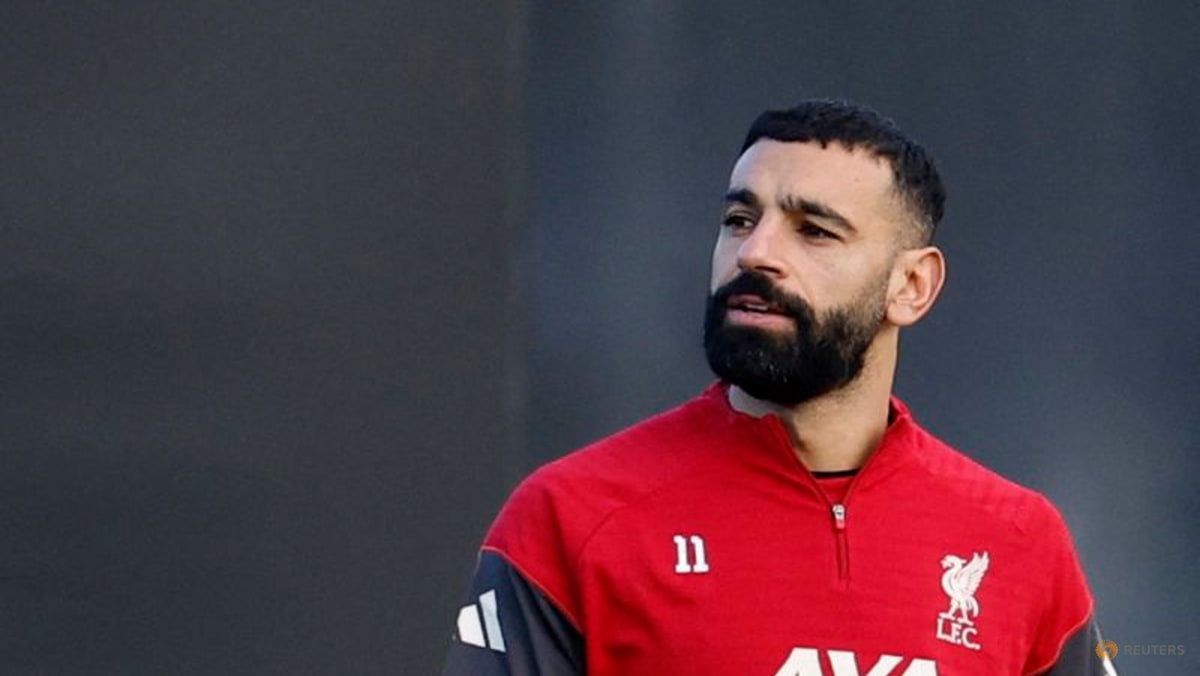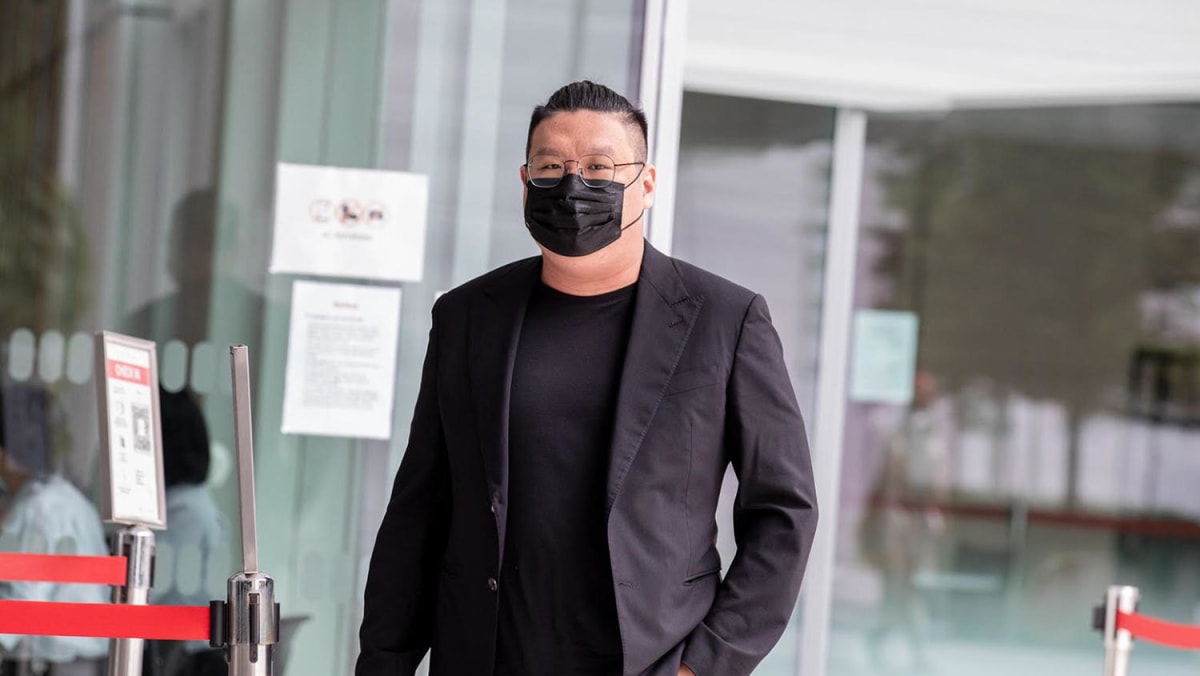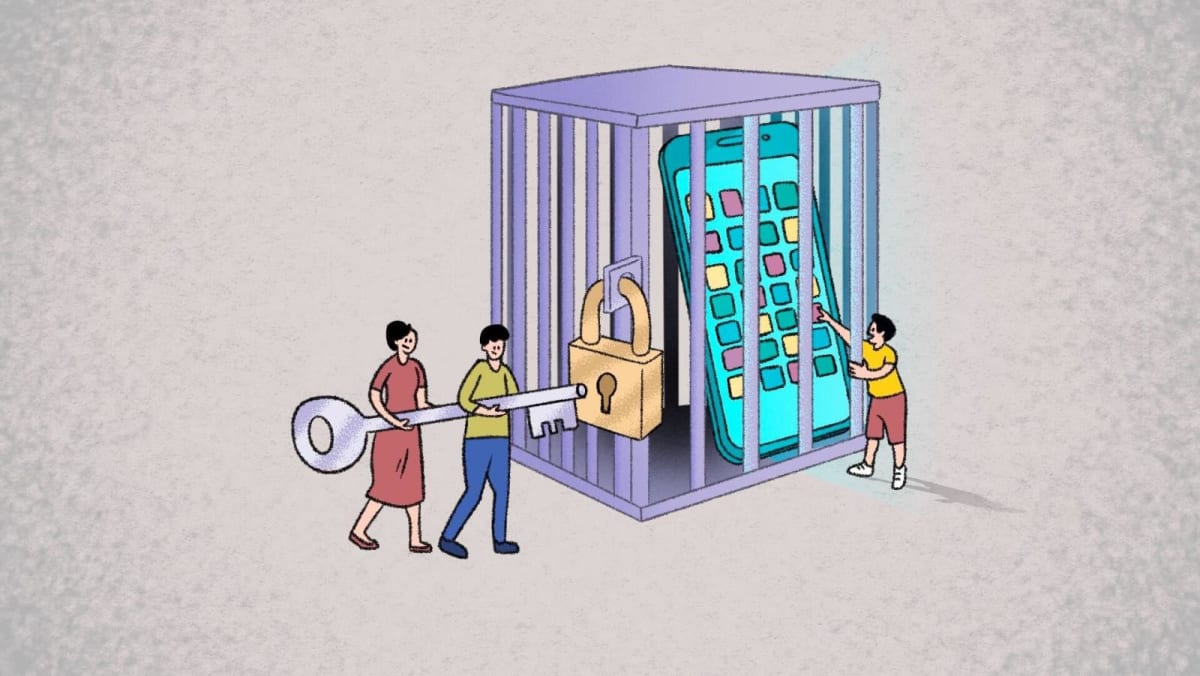Ms Adina (not her real name), a 31-year-old marketing manager, has experienced many an intern horror story.
She recalled one example when she asked an intern to stock-take a cupboard of marketing brochures.
"The intern took more than a week. We already put the fields in (the online document) for her, but she created new rows by herself. And then when my colleague checked the cupboard, all the brochures were jumbled up."
Interns are often brought in to lighten the load – but when things don’t go smoothly, managing them can foment frustration.
"Every single morning, for 10 to 15 minutes, we had to rearrange their task list because they have trouble prioritising," said Ms Adina. "If they tend to not deliver good quality work, it means that I have to look through their work all over again."
Even with well-meaning interns, these little frustrations can accumulate.
Supervising interns can be a delicate balancing act: Managers are trying to cultivate a learning experience for the intern, while also getting real work done.
How can supervisors make the most of their interns, without ending up more stressed than before – and ensure the internship season is a win-win for everyone? CNA TODAY spoke to experts in the field to find out.
SETTING EXPECTATIONS ON DAY ONE – AND BEFORE
Even before the internship has begun, setting expectations is key. According to Mr Kelvin Kao, co-owner of creative agency Protocol, this begins from the interview stage.
"Giving a realistic sense of expectations and roles, and doing a vibe check (of the intern) at that stage, is very important," he said. "If the company and the intern aren't aligned, everything from that point is reactive – and it's going to be tough to manage."
Expectations must be realistic, since interns often lack work experience.
Ms Jaya Das, Asia Pacific managing director at human resources agency Randstad Enterprise, said that interns should not be brought in just to meet deadlines or fill gaps.
"They need time to learn and adapt, and managers must be able to provide time and proper guidance," she said.
Mr Gerald Tan, projects director at career coaching service Avodah People Solutions, emphasised the importance of clear expectations – noting that because internships are sometimes viewed as "temporary manpower", job scopes can shift or be under-communicated.
To prevent miscommunication, Mr Tan advocated using the first couple of days to brief interns clearly on their job scopes.
"It's good to provide them with policy guides, handbooks, or materials that help them catch up and understand the context behind the work. Copy them in emails, forward them email threads related to their work."
He suggested letting interns simply observe in the first week – without pressure to contribute – while checking in with them to ensure that they are picking up the requisite context that will enable them to do well.
A structured onboarding plan helps. Some managers even write a clear training plan on day one.
"You tell the intern: 'These are the four things you'll need to do, and these are the expectations. There may be a few ad hoc tasks here and there, but this is your main scope'," said Mr Tan.
By giving interns a copy of this plan and conducting weekly or biweekly check-ins, managers can clarify expectations and foster a sense of shared ownership over the internship.
 Clear expectations are important in any internship, says Mr Gerald Tan of Avodah People Solutions. He advocates using the first couple of days to brief interns clearly on their job scopes.
Clear expectations are important in any internship, says Mr Gerald Tan of Avodah People Solutions. He advocates using the first couple of days to brief interns clearly on their job scopes.
WHAT WORK SHOULD THE INTERN DO?
Regular check-ins not only align expectations, they also help managers assess progress and adjust workloads. Experts said such open communication forms the foundation of a productive internship.
To begin with, Ms Das recommended that supervisors start interns on simpler tasks and monitor their work to assess when they are ready for more complex projects.
Mr Kao shared a similar approach. "After about four to six weeks, I usually have a good sense of their strengths," he said. "Then we try to steer them towards areas that are a good match – where they’re interested and where they can do better."
This progressive model allows interns to start with foundational tasks while building up to more independent, meaningful work as their skills take shape.
But not every task needs to be a showpiece project. Sometimes, the most valuable learning comes from the smallest assignments – and the manager will have to communicate this effectively to their intern.
"Interns need to understand that even seemingly low-level work is a learning opportunity – especially when it teaches skills like strategic thinking, communication, or adaptability," said Ms Julie Lee, founder of human resource consultancy Excellia.
"We all start somewhere. I know how to run every part of my business today because I did it all myself once."
She offered the example of a simple task such as setting up a meeting with multiple parties. While simple, it involves building foundational social skills for the workplace, where the intern will navigate different stakeholders and their calendars, work around last-minute changes, and influence people to stick to a timeline.
Ms Lee suggested presenting such "grunt work" as a key part of the business’ operational value chain – where organising a meeting contributes to eventual decision-making outcomes.
Mr Tan agreed that managers should clearly articulate how an intern’s work fits into the bigger picture, to help interns feel more engaged and motivated.
"More and more, Gen Zers and younger millennials want to know that their work has purpose," he said. "Managers should paint a vision – however small – of how their contributions make a difference."
While communication helps managers delegate effectively, it is also important in creating a safe environment where interns feel comfortable speaking up. When interns feel safe, they are more likely to take initiative and ownership of their growth, rather than waiting to be told what to do.
"These opportunities help build the interns' confidence and communication skills, making the internship experience more valuable," said Ms Das.
DEALING WITH UNDERPERFORMING INTERNS
Even the most structured internships can hit bumps in the road – especially when an intern struggles to meet expectations. In such situations, experts said that the key is clarity, empathy, and structured follow-up.
Mr Tan from Avodah People Solutions emphasised the importance of clear communication. "If a task isn't going well, I try to reframe things: 'Here's what needs to be done, here's how we'll approach it, and here's how we'll check in'."
He provided a few examples for how intern managers can set expectations for support:
- "Are you able? Do you think this is something you can cope with?"
- "I would really appreciate it if you could update me on your progress on a weekly basis."
- "If I feel that the deliverables do not meet expectations, this is how I'll let you know."
This helps remove ambiguity, making it easier for interns to understand how success will be measured and how feedback will be given.
In cases where the intern is less confident or lacks experience, more hand-holding may be necessary. That could mean shadowing teammates, joining meetings as an observer, or being gradually eased into more interactive tasks.
Ms Lee pointed out that not all interns come in ready to take on high-stakes responsibilities – and that is normal.
"There are different levels of skill, and sometimes there is a mismatch," she said. "If the work requires a lot of interaction and this person just cannot do it, then unfortunately, you may need to reassign them to work that they are able to fulfil (the tasks) properly."
That said, there can be instances where even implicit expectations such as coming to work on time are breached.
Mr Kao noted this will entail escalating levels of intervention: "If the basics aren’t there, we'll have to address it. The supervisor will speak to the intern, and if it persists, I'll speak to them personally."
If the intern is on a professional attachment, he added, the agency may loop in the university supervisor to have a three-way conversation.
Still, these cases are the exception, not the norm. More often, with the right scaffolding, interns can recover and thrive.
And what if you have a high-performing intern?
"I'll carve out a role, even if there isn't one," said Mr Kao. "That's our investment in talent – because our agency is literally built off talent."


















































